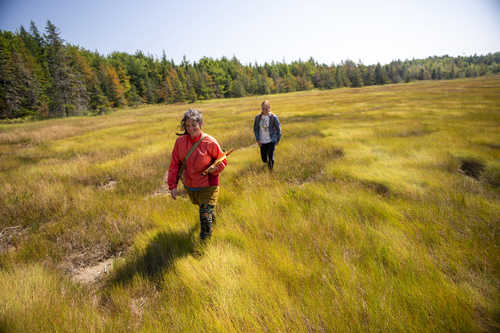Keywords: western
Item 62538
General Plan for Western Promenade, Portland, 1905
Contributed by: Maine Historical Society Date: 1905 Location: Portland Media: Ink on paper
Item 41794
Toboggan Chute, Western Promenade, Portland, ca. 1922
Contributed by: Maine Historical Society/MaineToday Media Date: 1922 Location: Portland Media: Glass Negative
Item 71129
52 Western Promenade, Portland, 1924
Owner in 1924: Heirs of Nettie Rosenberg Use: Dwelling - Single family
Item 71132
50 Western Promenade, Portland, 1924
Owner in 1924: Samuel Rosenberg Use: Dwelling - Single family
Item 150955
Residence for Henry P. Cox, Western Promenade, Portland, ca. 1898
Contributed by: Maine Historical Society Date: circa 1898 Location: Portland Client: Henry P. Cox Architect: Frederick A. Tompson
Item 150859
Preliminary Plan for Rock Garden, Augusta, 1927
Contributed by: Maine Historical Society Date: 1927 Location: Augusta Client: Walter S. Wyman Architect: Olmsted Brothers
Exhibit
San Life: the Western Maine Sanatorium, 1928-1929
Merle Wadleigh of Portland, who was in his mid 20s, took and saved photographs that provide a glimpse into the life of a tuberculosis patient at the Western Maine Sanatorium in Hebron in 1928-1929.
Exhibit
Student Exhibit: Benedict Arnold's March Through Skowhegan
Benedict Arnold arrived in Skowhegan on October 4th, 1775, and it was here that Arnold received his first offer of help from the colonists. Joseph Weston and his sons helped Benedict Arnold and his army cross over the Skowhegan Falls, but Joseph later got a severe cold from exposure and died of a fever on Oct.16th. His sons went back to the family home along the Kennebec for they were the first family to settle in Old Canaan or what is now Skowhegan.
Site Page
Western Maine Cultural Alliance
View collections, facts, and contact information for this Contributing Partner.
Site Page
Western Maine Foothills Region - Exhibits
"Exhibits Welcome to our Exhibits page. Click the links below to enjoy stories from around the Western Foothills Region."
Story
Welimahskil: Sweet grass
by Suzanne Greenlaw
Weaving Indigenous Knowledge (IK) and western science around Sweetgrass
Story
Betty Cody, country music legend
by Maine Historical Society
Betty Cody is noted as Maine's most recognized female singer
Lesson Plan
Longfellow Studies: Longfellow Amongst His Contemporaries - The Ship of State DBQ
Grade Level: 9-12
Content Area: English Language Arts, Social Studies
Preparation Required/Preliminary Discussion:
Lesson plans should be done in the context of a course of study on American literature and/or history from the Revolution to the Civil War.
The ship of state is an ancient metaphor in the western world, especially among seafaring people, but this figure of speech assumed a more widespread and literal significance in the English colonies of the New World. From the middle of the 17th century, after all, until revolution broke out in 1775, the dominant system of governance in the colonies was the Navigation Acts. The primary responsibility of colonial governors, according to both Parliament and the Crown, was the enforcement of the laws of trade, and the governors themselves appointed naval officers to ensure that the various provisions and regulations of the Navigation Acts were executed. England, in other words, governed her American colonies as if they were merchant ships.
This metaphorical conception of the colonies as a naval enterprise not only survived the Revolution but also took on a deeper relevance following the construction of the Union. The United States of America had now become the ship of state, launched on July 4th 1776 and dedicated to the radical proposition that all men are created equal and endowed with certain unalienable rights. This proposition is examined and tested in any number of ways during the decades between the Revolution and the Civil War. Novelists and poets, as well as politicians and statesmen, questioned its viability: Whither goes the ship of state? Is there a safe harbor somewhere up ahead or is the vessel doomed to ruin and wreckage? Is she well built and sturdy or is there some essential flaw in her structural frame?


















